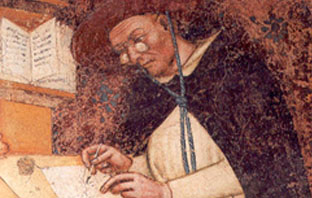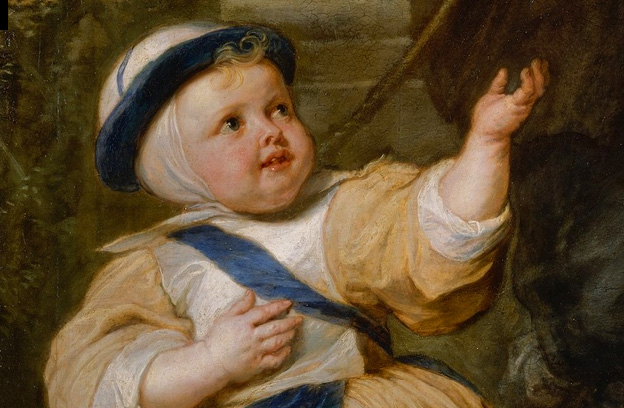We’re excited to announce a part-time, fixed term job opportunity with Cultures of Knowledge, available from 1 March 2013. Are you an eagle-eyed lover of data? Do you love early modern letters? Would you like to work behind the scenes for one of the University of Oxford’s largest and most exciting digital humanities enterprises? If so, read on…
We are seeking a highly motivated and meticulous digital editorial assistant with strong IT skills to work part-time with us for 9 months. The successful applicant will contribute to the digitisation of metadata on early modern correspondence by using bespoke data-entry and data manipulation software. Working on a variety of datasets of early modern letters, he or she will help us accurately and responsibly expand our union catalogue, ingesting thousands of records of letters from archives and libraries around the world. Full training on using our software will be provided. It is essential that the successful applicant has a keen eye for detail and is confident with maintaining the highest standards of accuracy during the often mechanical tasks necessary to process large amounts of data.

Early Modern Editor? Cape and hat optional.
Tommaso da Modena, ‘Hugo of Saint-Cher’, 1352 (wikimedia commons)
The closing date for this position is Wednesday 12th February. For further details of the post and instructions on how to apply, head over to the University job site (Further Particulars also available here). We have other opportunities in the pipeline – in the coming months we will be advertising for a Digital Humanities Fellow, and we will also be recruiting more ad-hoc, hourly-paid Digital Fellows to help us reach our ingest targets. To stay informed of these vacancies, please sign-up to the blog’s RSS Feed, Follow Us on Twitter, or join our Mailing List.
If you have any queries about the position, email Lizzy Williamson at elizabeth.williamson@history.ox.ac.uk or call +44(0)1865 615026. We look forward to hearing from you!











